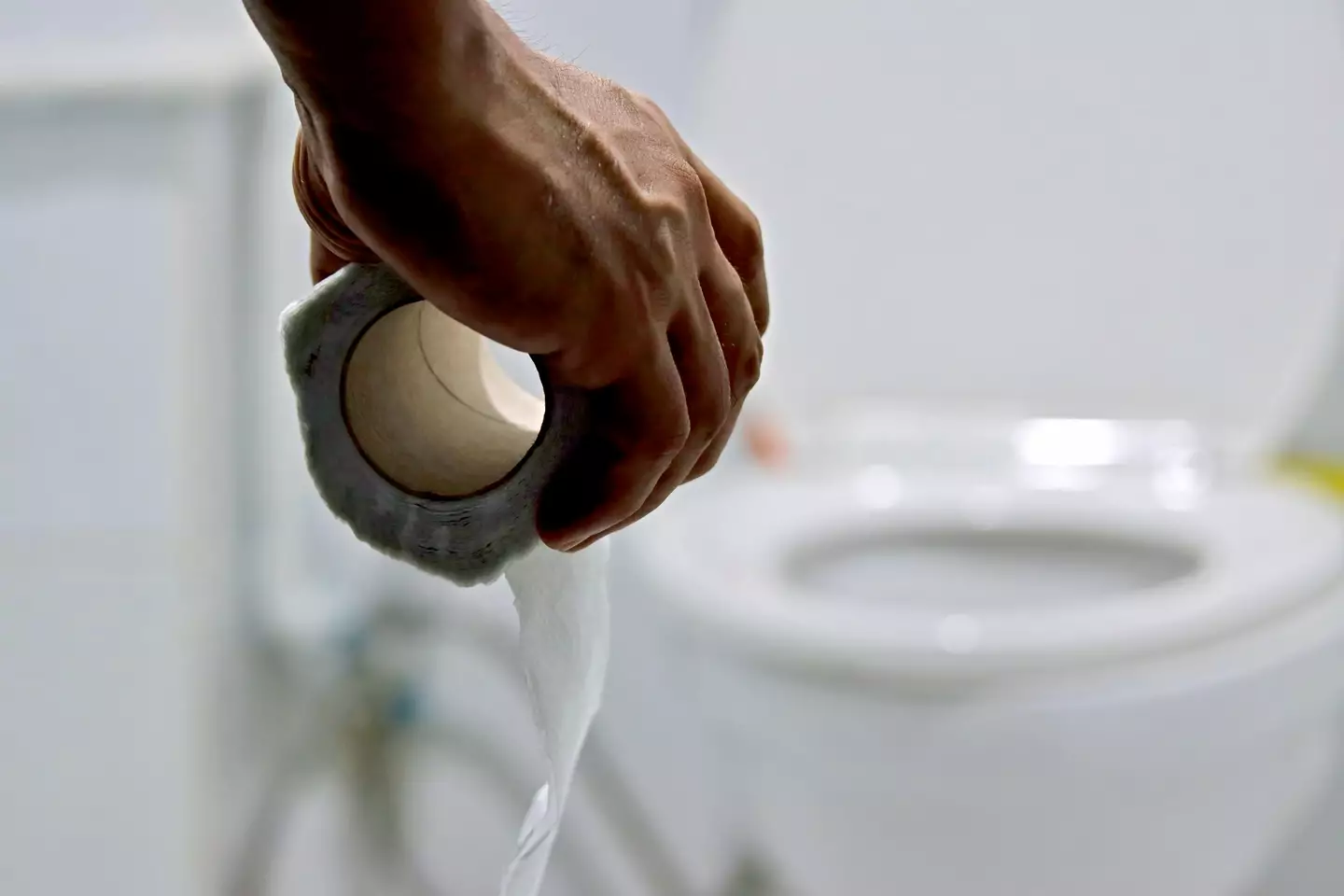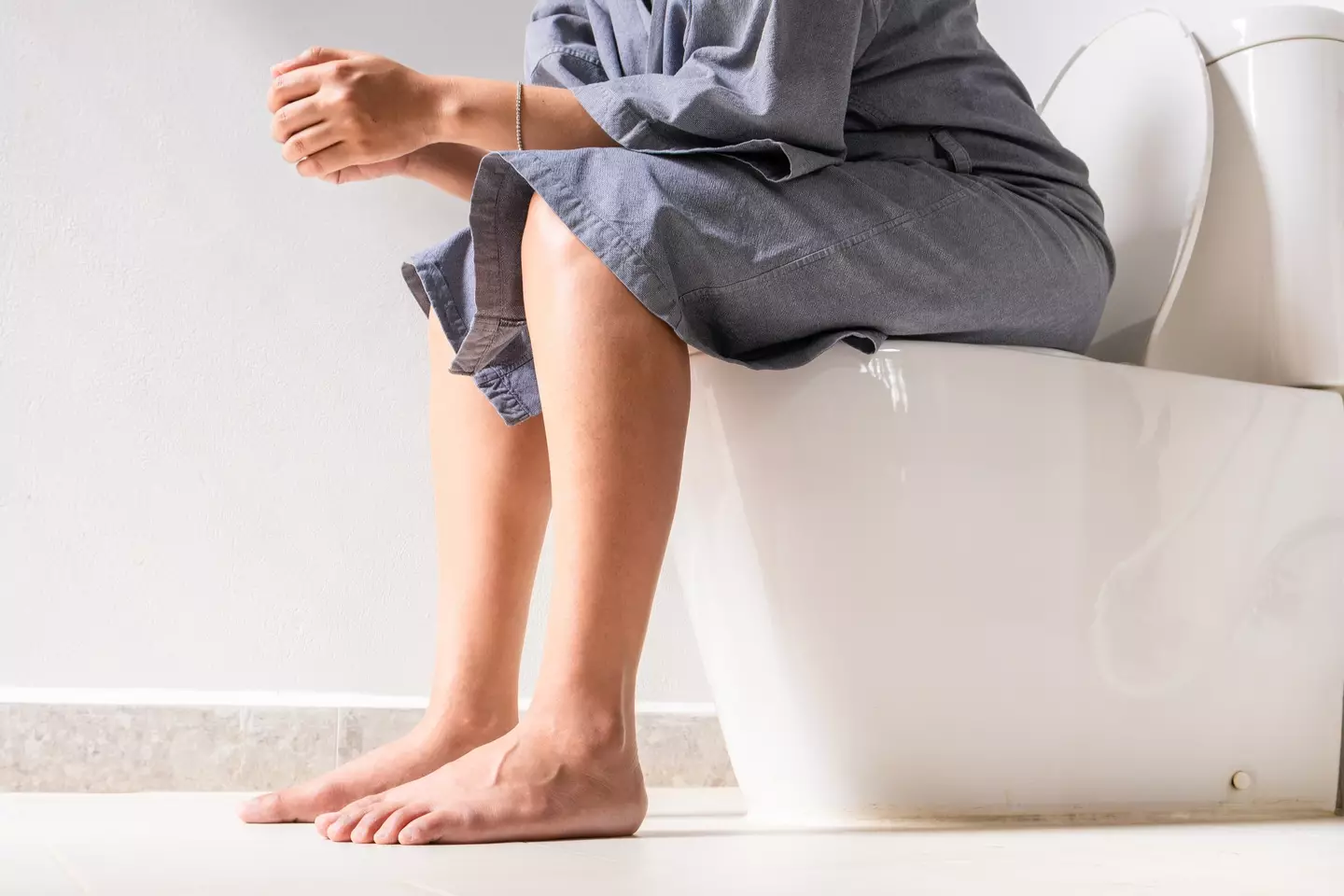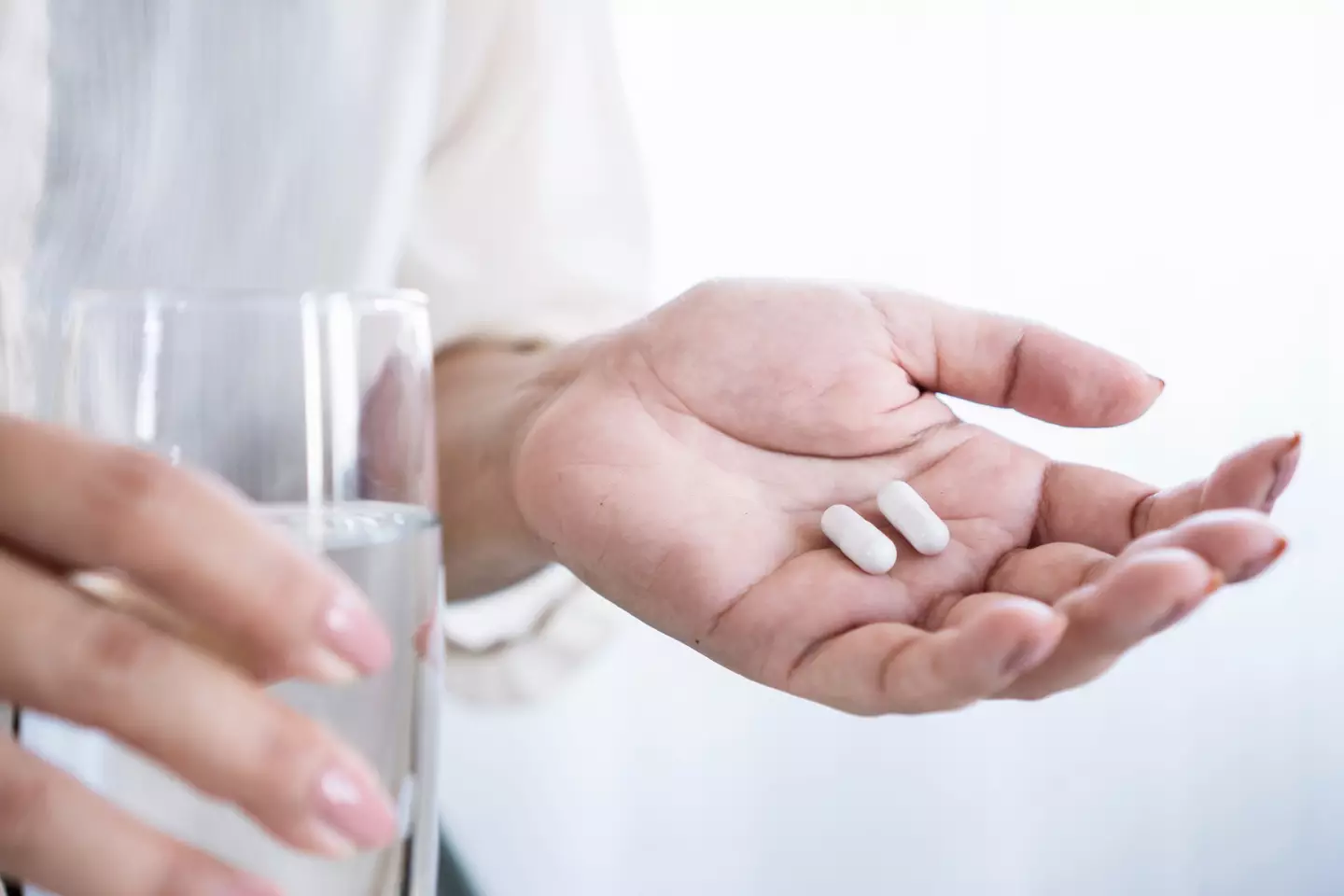
We need to talk about gut health. With more than 40 digestive conditions affecting swathes of the UK population, plenty of us could do with knowing more about keeping our guts in good condition.
A survey reported by Guts UK found that over 40% of British citizens have at least one digestive complaint at any one time, while as much as 86% of us have had a gastrointestinal issue over the past year.
Conditions include Irritable Bowel Syndrome (IBS), Crohn’s Disease, acid reflux, chronic constipation, haemorrhoids, and Inflammatory Bowel Disease (IBD), among others. Some require pharmaceutical or even surgical interventions, but some can be managed and even prevented through dietary choices.
Medical professionals are also growing increasingly concerned over the rise in cases of bowel cancer - dubbed a 'silent killer' - among under 50s.
Advert

Speaking to Time Magazine, five gastroenterologists shared tips for looking after our guts effectively. Let’s take a look at what they had to say.
1. Eating the right foods at the right times
Of the experts that spoke to Time, most agreed that the top move you can make is to eat ‘the right foods’.
According to Dr Harpreet Pall, a paediatric gastroenterologist from New Jersey, US, a balanced diet is essential for supporting your gut’s microbiome.
“The intestines contain billions of bacteria,” he said.
“There’s good bacteria and there’s not-so-good bacteria, and ensuring that we have the right types of good bacteria that promote gut health is really, really important.”
As to what the ‘right foods’ are in this context, Pall suggests incorporating more fruit, vegetables, and wholegrains into our diets whilst minimising red meat and ultra-processed food intake.
He also recommends getting some dairy, provided you aren’t lactose intolerant, as it’s a great source of calcium and vitamin D.
Fibre is also essential, with the NHS recommending 30g per day.
As for when to eat, Dr Justin Field from the University of California said: “Something as simple as spacing out dinner and bedtime by at least two hours can alleviate a lot of night-time reflux symptoms.”
He added that breaking meals up from three large ones into more smaller ones can also help with digestion.

2. Watch out for bowel changes
Dr Field said one of the biggest tips he could give was to pay close attention to your bowel movements as they can provide insights into your wider health.
“It’s important not to ignore certain symptoms or certain stool characteristics,” he said.
While occasionally have loose stools or diarrhoea isn’t typically cause for concerns, Field said ‘if it starts to pop up more often—more than a couple days in a row—or if it seems to keep coming back’ then it could be a sign that something’s going wrong.
Other things to watch out for include blood in your poo, having to go for a bowel movement in the middle of the night, and unexplained weight loss. Each of these could point to diseases like coeliac disease, IBD, gastrointestinal infections, and other digestive issues.
Even if your bowel habits are consistent and have been for a long time, it’s still a good idea to get checkups. In the UK, anyone registered with a GP between the ages of 54 and 74 will get bowel cancer screening home test kits through the post every two two years, although you may wish to book an appointment before that window.
In the US, colorectal cancer screenings are recommended from 45, and bowel cancer in the under 50s is becoming more common.
3. Get active
It isn’t news that exercise is very good for you, and it can have a very positive effect on your digestive system too.
Dr Reezwana Chowdhury, a gastroenterologist at Johns Hopkins University, said: “Exercise does wonders for the gut. I tell my patients: the more you move, the more your gut moves.”
Exercise helps food to pass through your system, particularly your colon, with studies showing that physical activity helps to prevent constipation and fatty liver disease too.
It can also improve your gut’s microbiome, producing more bacteria that are beneficial for our health.
Chowdhury recommended three weekly sessions of 30 minutes of intense physical activity, but noted that low-impact exercise is worthwhile too.
“We should never underestimate the power of movement,” she said.

4. Stay hydrated and skip the sweeteners
Keeping hydrated is essential for your health, and Dr Rachel Schiesser from Houston Methodist Hospital said drinking plenty of water is her top tip for looking after your guts.
“Our systems are mostly made out of water, and without enough water, people do not get good digestion,” she said.
Water, along with a high-fibre diet, helps food to pass through your guts properly, promotes healthy gut bacteria, and of course helps to keep the rest of your body functioning as it should.
Some research has suggested that adequate water intake can aid in the digestive process, especially when someone is drinking water in conjunction with eating a high-fibre diet. Drinking enough water can also promote a healthy gut microbiome.
Bupa recommends drinking between two and two-and-a-half litres of water per day, and of course you may need more if you’re exercising, if it’s hot, and if you’re out in the sun.
Schiesser also recommended ditching drinks that contain artificial sweeteners like aspartame, citing studies that suggest these sweeteners may affect gut bacteria negatively.
5. Cut back on alcohol and NSAIDs
Alcohol is absolutely awful for our health, both in the short and long terms, so keeping a strong grip on your intake is highly recommended. The NHS says we should consume no more than 14 units per week, with those spread over at least three days, but the best amount of alcohol for us is none at all.
Dr Benjamin Lebwohl from Columbia University noted alcohol’s irritant quality for our guts. “It’s not unusual for people—after a night of heavy drinking—to have a stomach ache and irregular bowels, even if the intake falls short of a binge that results in nausea and vomiting,” he said.
He said that upper endoscopies can reveal whether someone has been drinking heavily recently as their upper GI tract and stomach will be inflamed.
While he said that no amount of alcohol is good for us, he’s realistic about the fact most people will continue to partake. On that, he said: “being mindful of excess alcohol intake is important…certainly after the second drink is the time that gastrointestinal symptoms might start to happen.”
He added that NSAIDs (non-steroidal anti-inflammatory drugs) like ibuprofen can also be harmful for our guts as ‘they promote inflammation in the stomach and intestinal tract if used more than sparingly’.

According to Dr Lebwohl, they can cause stomach and small intestine ulcers, along with gastritis and other inflammatory issues in the guts.
“The more they’re used, the more likely someone will have gastrointestinal side effects,” he said.
He said that people who take the recommended dosage two or three times a month for things like headaches and sore backs are unlikely to have any gastric issues off the back of NSAIDs, but more frequent use can trigger issues.
